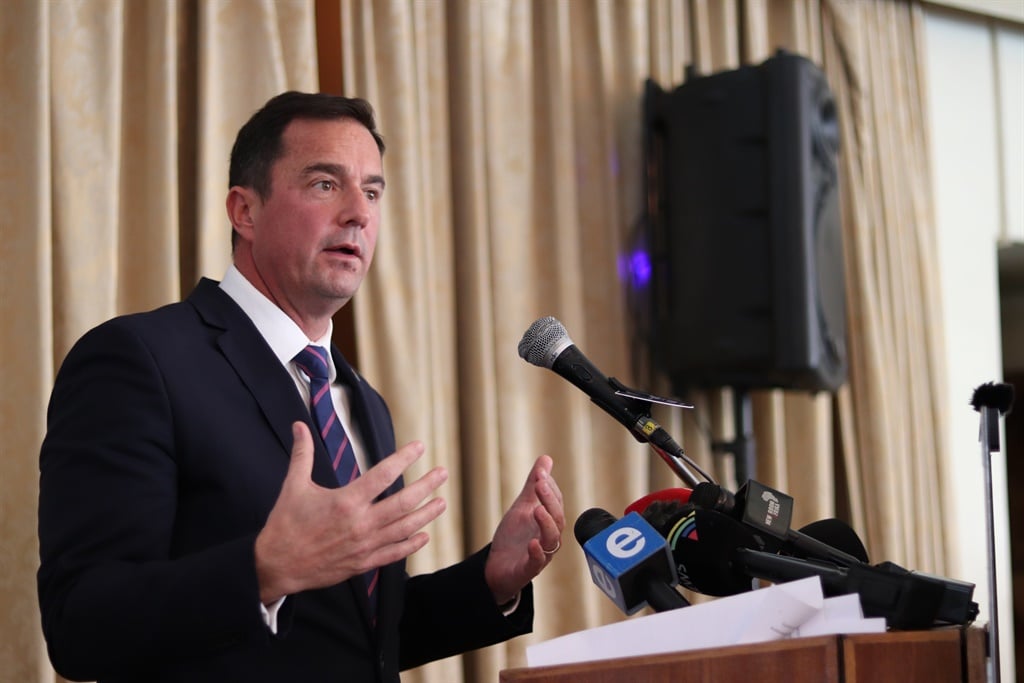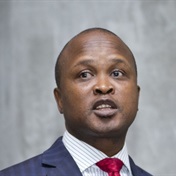
It is not normal for a society to be this unequal, hence we cannot adopt a standard or even classical approach to the challenges that we encounter, writes Ralph Mathekga.
As South Africans are battling to make sense of Helen Zille's politics since her spectacular return to the DA, rumour has it that she is a "classical liberal".
For someone like Zille who's supposed to understand the importance of tone in South African politics, it matters how one's politics is pigeonholed. Politicians care much about how their policy positions are ideologically perceived or even labelled. There has been a push in the DA in the last few weeks by some who argue that the party is finally embracing its identity as a classical liberal party. It is obviously less embarrassing for the DA to be a classical liberal party than a confused party that is flighting right-wing ideology.
In this age of brutal social media bullying, who wants to be called a right-wing lunatic if one can opt to be a classical liberal? Even if it may be sexy for people to identify with what they call classical liberalism, I wonder why a political party operating in a country with such deep historical inequalities as South Africa embraces classical liberalism to take the society forward. Is classical liberalism even possible given our historical challenges, or is it just a convenient posture to defend right-wing politics?
ANALYSIS | By-elections: DA on the ropes, but not ready to throw in the towel
The problem with the DA's version of classical liberalism is that it is not based on real prospects to actually push and sustain classical liberal principles such as race-blind equality; thus, treating people equally irrespective of the conditions in which they find themselves.
Among some of the key principles of classical liberalism is the idea that the rights of an individual triumph over the collective prerogative to build a political community. Classical liberal thinkers such as Adam Smith have maintained that the state should not interfere with the rights of individuals to choose and determine their destiny. This is what John Steenhuisen and Zille have been preaching over the last few days: that South Africa should abandon race-based policies in favour or race-blind policies.
Even if the DA were to have their way and pursue policies that treat all citizens as having equal access to opportunities in our society irrespective of race, the reality on the ground is that the majority of citizens in South Africa do not enjoy such levels of equality. South Africa has high levels of inequality along racial lines. This historical fact dictates that when we adopt policies aimed at advancing people, we should bear in mind the fact that we are not a normal society.
It is not normal for a society to be this unequal, hence we cannot adopt a standard or even classical approach to the challenges that we encounter. This brings me to some fundamental problems that pose a serious challenge to the usefulness of classical liberalism.
There are those among South Africans who believe that the high levels of inequality can be managed through social policy whilst ensuring that it does not inconvenience the economic prospects of the country. This is the same idea that holds that as things stand, South Africa should adopt policies that preserve the rights of an individual to pursue whatever goals they want without any interference by the state.
There is just one tiny problem for this classical liberal thinking. The truth is that the majority of people in South Africa unfortunately do not have access to opportunities and hence they cannot enjoy certain rights irrespective of how the classical liberals insist on defending the system that seeks to propagate these unreachable rights.
OPINION: Liberals are failing to wrap their heads around race
What's the point of insisting that people have a right to access certain rights when we know that they are not able to do so? This is similar to blaming the poor for failing to exercise their right to buy a car. This is senseless, and so is the idea of classical liberalism at this point in time.
In principal, I do not find anything wrong with the idea of classical liberalism. The only problem is that the theory is outright inadequate in assisting us to resolve the problems of poverty and inequality.
If the DA is committed to classical liberalism, the party should equally show repugnance to the socio-economic distortions that were brought to our societies by experiences such as colonialism and apartheid, for example.
A genuine classical liberal would be repulsed by the unfair privileges that flowed from the apartheid system or colonialism. Those who manage to read Adam Smith to the last page would know that, among some of the hindrances of classical liberalism are the distortions created in societies over centuries. Those are distortions such as business monopolies that hamper free competition, for example.
In an interesting seminal paper written in the 1980s, Charles Simkins argued that if South Africa were to survive and build a multiracial society based on prosperity for all, the country would have to modify liberalism so as to use it to address the historical challenges of inequality whilst building a society based on the culture of liberal values.
This means that the DA must address the question of how they aim to modify classical liberalism so that it can be embraced as part of post-apartheid South Africa. There is a thin line between a classical liberal and a classical lunatic.
- Dr Ralph Mathekga is a political analyst and author of When Zuma Goes and Ramaphosa's Turn.
Disclaimer: News24 encourages freedom of speech and the expression of diverse views.The views of columnists published on News24 are therefore their own and do not necessarily represent the views of News24.




 Publications
Publications
 Partners
Partners























